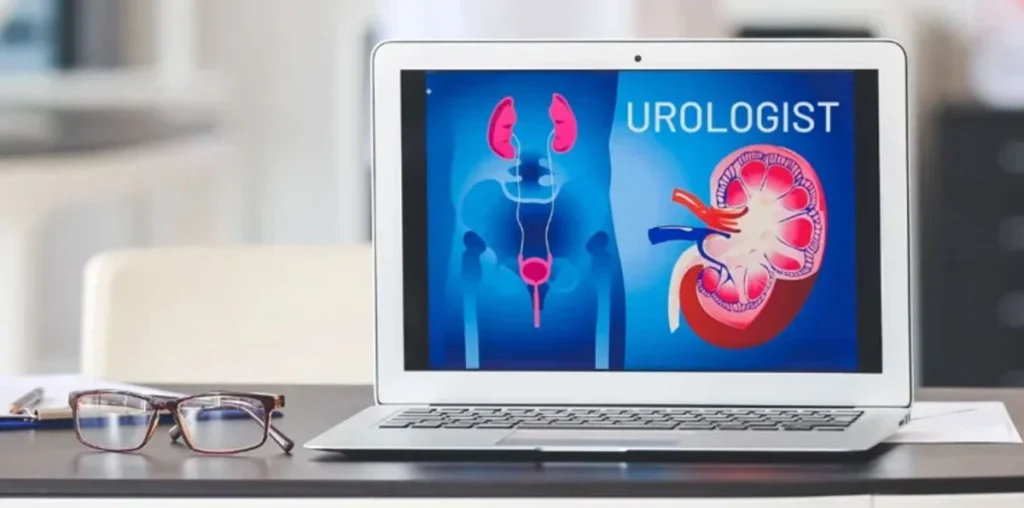
6 Signs its Time to See a Urologist
A urologist is a medical doctor who specializes in maintaining the health of the organs such as the kidneys, bladder, ureters, urethra, and the male reproductive organs (testes, prostate, and penis). Urology is a branch of medicine that focuses on the diagnosis and treatment of disorders and diseases of the urinary tract and male reproductive system.
Table of Contents
ToggleWhen to see a urologist?

A urologist offers both medical and surgical solutions for a wide array of conditions. You may consider seeing a urinary specialist when u experience the below mentioned domains:
- Urinary Tract Infections (UTIs): Frequent or recurrent infections in the urinary system.
- Kidney Stones: Painful stones that can form in the kidneys and may cause blockages.
- Prostate Issues: Enlargement of the prostate (BPH), prostatitis, or concerns about prostate cancer.
- Bladder Problems: Issues with bladder control, infections, or other abnormalities.
- Blood in Urine: This condition is known as hematuria, blood in the urine can be caused by various factors such as urinary tract infections, kidney stones, or more serious conditions like bladder or kidney disease.
- Male Reproductive Health Concerns: Erectile dysfunction, infertility, or issues with the testes.
If you are experiencing any of these issues, consider visiting Hale Clinics, for consulting with the Best Urologist in Mohali.
What to expect while consulting a urologist?

Typically, a urinary specialist will review the information provided by the referring doctor, although they will also engage in a comprehensive assessment of the patient’s medical background. This involves delving into the intricacies of the individual’s health history and may include a thorough exploration of any relevant symptoms or concerns and additionally he will perform a detailed physical examination to gain firsthand insights into the patient’s current condition.
You may see what to expect when u visit a urologist mentioned below:
- Medical History and Examination:
- The urologist will discuss your medical history, including any symptoms you’re experiencing.
- A physical examination may be conducted, focusing on the pelvic and genital areas.
- Diagnostic Tests:
- Depending on your symptoms, the urologist may order diagnostic tests such as blood tests, urine tests, or imaging studies (ultrasound, CT scan, MRI).
- Discussion of Findings:
- The urologist will explain the results of the tests and discuss the diagnosis with you.
- Treatment Options:
- If a specific condition is identified, the urologist will discuss treatment options. These can range from medications and lifestyle changes to surgical procedures.
- Follow-Up Care:
- For chronic conditions or after a surgical procedure, you may have follow-up appointments to monitor progress and address any concerns.
- Communication:
- It’s important to communicate openly with the urologist about your symptoms, concerns, and any potential side effects of treatments.
Conclusion
Remember, seeing a urologist is not only for addressing problems but also for preventive care and routine check-ups. It’s essential to have a primary care physician who can address a broad range of health concerns and coordinate with urinary specialist. If you’re facing any health concerns, consider scheduling an appointment at Hale Clinics, the Best Multi-Specialty Clinic in Mohali. They’re renowned for their excellent care and advanced technology, ensuring you receive prompt relief from a team of skilled doctors and specialists.
